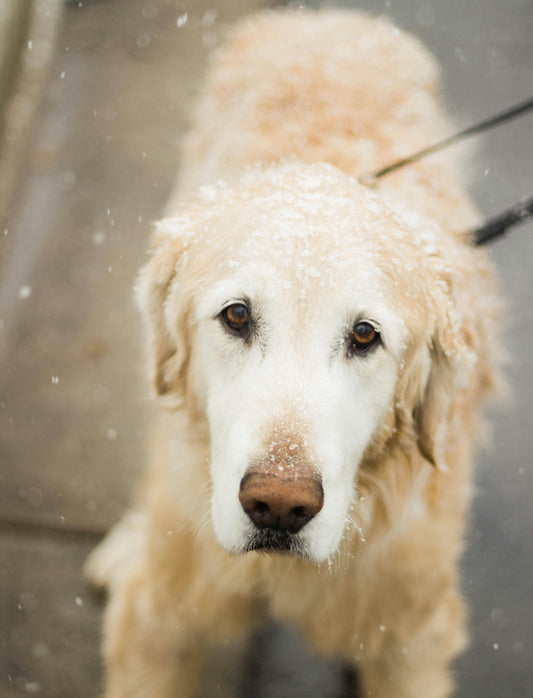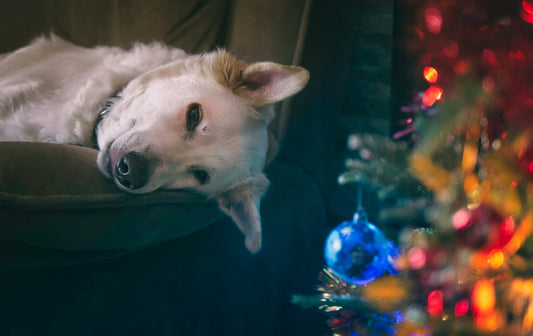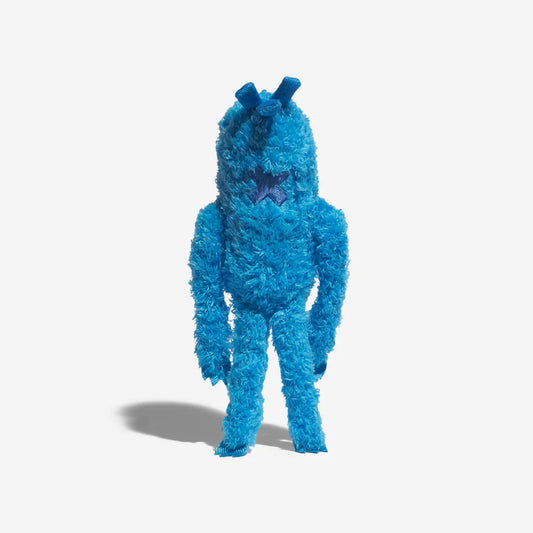Many dog owners notice their canine companions have a tendency to follow them from room to room. This behavior is not merely a coincidence or a fleeting whim; it is a manifestation of the dogs' social nature and their bond with their human caregivers. Dogs, as descendants of wolves, are inherently pack animals and often consider their human family as members of their pack. The following behavior is often a sign of their instinct to maintain close proximity to their pack leader, which in a domestic setting translates to the dog's owner.
The reasons a dog follows their owner can be varied and are rooted in both evolutionary psychology and individual personality traits. On one hand, dogs seek companionship and security from their human counterparts. On the other hand, specific behaviors and past experiences can also influence this tendency. Dogs that are bred for work or certain tasks, for example, may be more inclined to stick close to their owners, anticipating cues and commands.
Understanding this behavior is crucial for strengthening the human-animal bond and managing it effectively. Knowing why a dog keeps close can provide insights into the dog's emotional needs and help owners respond better to their companions' actions. Owners can use this knowledge to enforce positive behavior or gently discourage excessive shadowing if it becomes problematic. The following is informative for owners seeking to comprehend and cultivate a healthy relationship with their loyal four-legged friends.
Understanding Canine Behavior
Dogs are complex creatures with behaviors driven by instincts, social needs, and individual personality traits. This section explores the key factors that contribute to a dog's tendency to follow their owner.
Pack Animal Instincts
Dogs are descendants of wolves and retain some of their ancestors’ pack-oriented traits. Pack behavior is essential for their survival and influences their interactions with humans. In a domestic setting, a dog often views its human family as its pack and will follow its "pack leader" to stay connected and maintain a sense of safety. This instinctual behavior reinforces their inherent social structure.
Companionship and Bonding
The bond between a dog and its owner is rooted in companionship. Dogs are social animals that form strong attachments to their human caregivers. This bond is nurtured by:
- Positive reinforcement (treats, petting, verbal praise)
- Shared activities (walks, games, training)
These interactions lead to a deep emotional connection, encouraging the dog to stay close to their source of love and security.
Attention Seeking Behaviors
Some dogs may follow their owners as a way to seek attention. Dogs thrive on interaction and may engage in following behaviors when they desire:
- Affection
- Playtime
- Exercise
- Mental stimulation
They learn that by staying close to their owner, they are more likely to have their social and physical needs met. The extent of these behaviors can vary with an individual dog's personality and previous experiences.
Factors Influencing Your Dog's Behavior
Several specific factors can influence why a dog may follow their owner everywhere. Understanding these can help owners address any possible underlying issues.
Breed Characteristics
Certain breeds are predisposed to remain close to their human companions due to their historical roles. For example, shepherding dogs like Border Collies and Australian Shepherds have an ingrained tendency to stick by their owner’s side, which is a trait beneficial for herding livestock. Similarly, lapdogs such as Chihuahuas have been bred to be companions, often preferring the close proximity of their humans.
Separation Anxiety
Dogs with separation anxiety exhibit distress and behavior problems when separated from their attachments. Signs may include:
- Following the owner constantly.
- Vocalization (barking, whining).
- Destructive behavior when left alone.
Addressing separation anxiety often involves behavioral training and creating a safe, calming environment for the dog.
Health-Related Concerns
A change in a dog’s following behavior can be indicative of health issues. Senior dogs may follow their owners more due to:
- Decreased vision or hearing, leading them to seek reassurance through closer proximity.
- Cognitive dysfunction, which can cause confusion and a greater dependence on their owner.

























